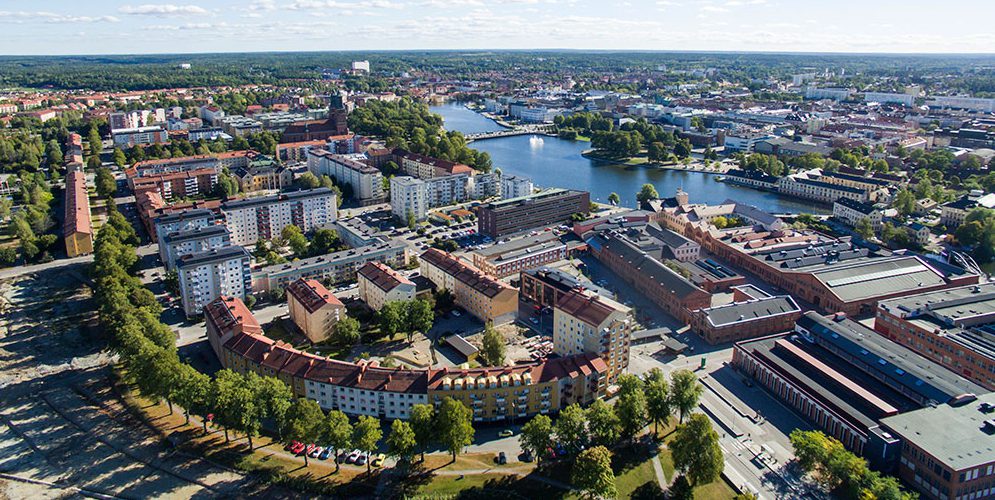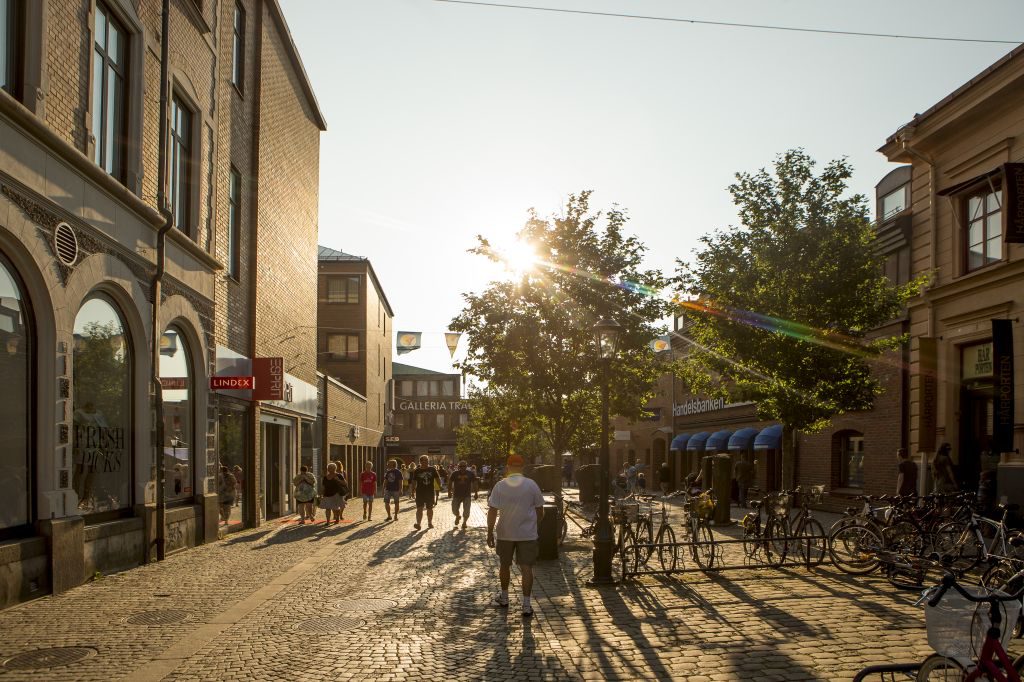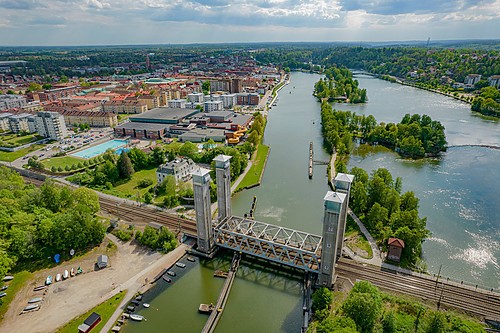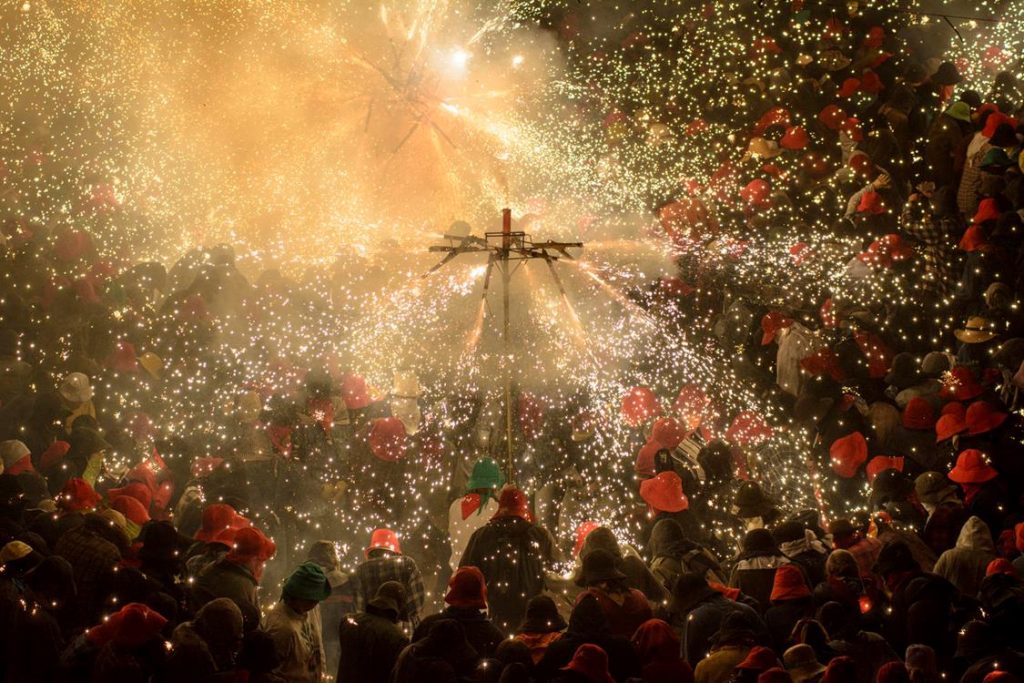This website uses cookies to help us provide you with the best possible user experience. Cookie information is stored in your browser and performs functions such as recognition when you return to our website, helping our team to understand which sections of the website are most interesting and useful to you.

Eskilstuna
Eskilstuna, situated about 100 km west of Stockholm, has a growing population and today amounts to just over 100.000 inhabitants. The city is connected to Stockholm with highspeed trains and a highway to Stockholm and many people commute daily in both directions. Local government has a long tradition in Sweden. The municipalities are responsible for providing a significant proportion of all public services and have an independent right to levy taxes. Within a legal framework, the city is responsible for a wide range of activities, such as, city planning, water and sewerage, elderly care, social services, education, preschools, culture and leisure. The City Council is the highest decision-making body and has 65 elected members. The Social Democrats together with the Moderate Party and the Center Party together create a majority. The City Executive Committee consists of fifteen elected members and coordinates the administration of the municipality and supervises the activities. The city’s most important challenges are to create an attractive city, a higher level of education, more jobs and an ecological sustainability.
History
The city is named after a British monk, Eskil, who used the place to spread Christianity in the region, during the Viking period. The Swedish king Karl X Gustaf, offered in 1650, the exclusive right to produce and export fine metal work such as knives, tools, locks and arms, under twenty years to Reinhold Rademacher, an industrialist from Riga, active in Eskilstuna. Hundred years later, the Swedish parliament decided, that Sweden’s first sanctuary would be founded in Eskilstuna. Small businesses dealing with iron, steel or metal processing would be free from the guild system and customs duties. Due to these decisions, Eskilstuna became an important center for Sweden’s arms manufacturing and a center for blacksmiths.
Local Economy
Eskilstuna is today a center for manufacturing,and a high percentage of the citizens are employed in industry, primarily related to heavy vehicles. There are also many knowledge intensive industries. The trade and service sector is growing. Large investments have been made in an intermodal terminal, Eskilstuna Combi-terminal. It is a modern terminal that in only a few years has become established as one of Sweden’s most important terminals, thanks to its great geographic location, functional design and high capacity. Eskilstuna also has a science park- Munktell Science Park and a university – Mälardalen University.




